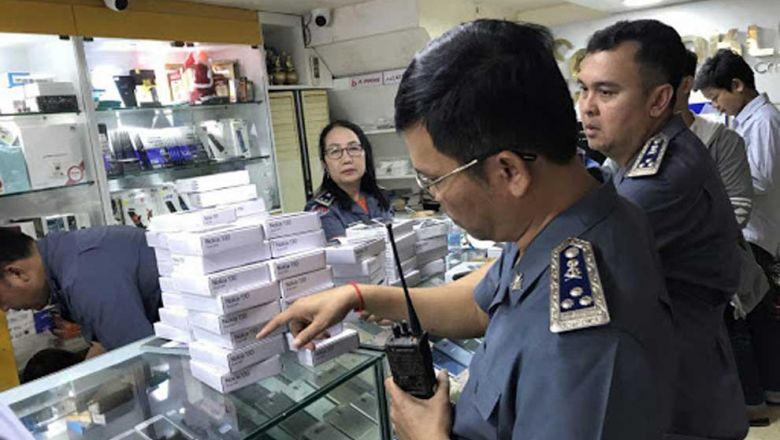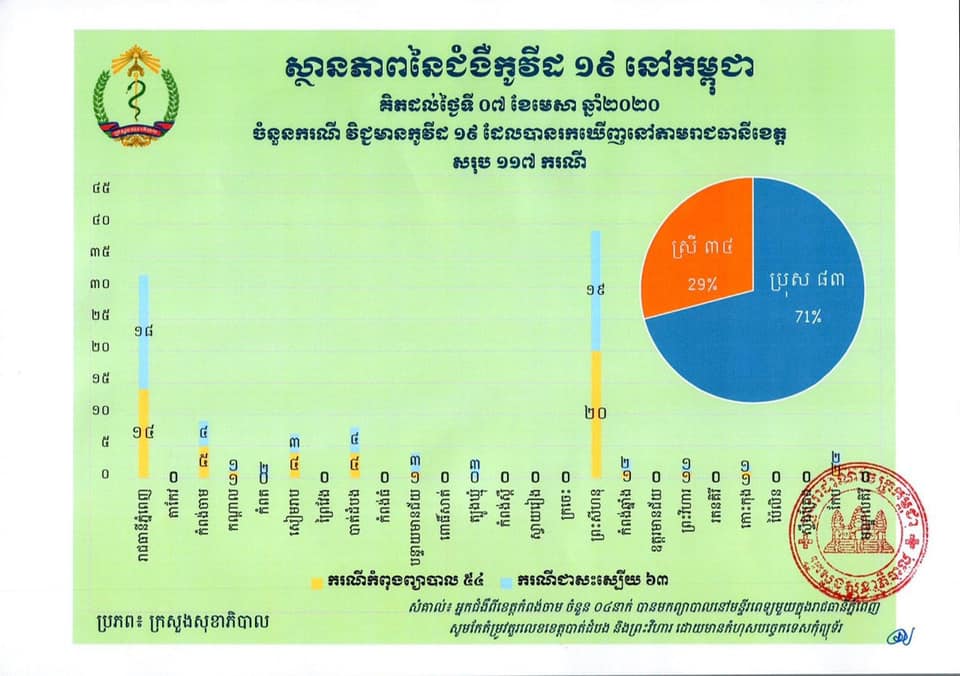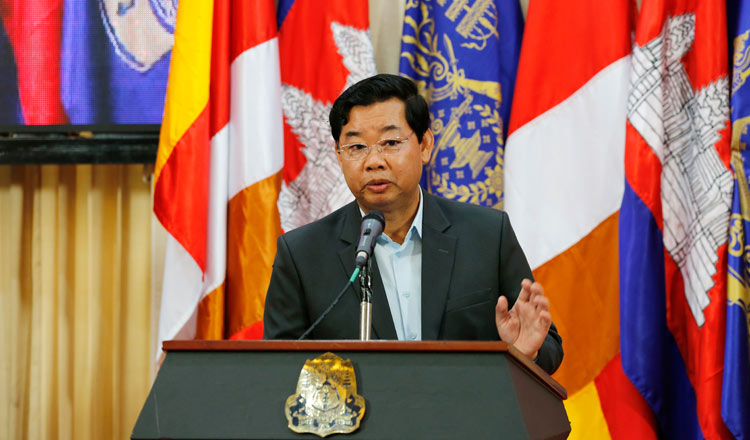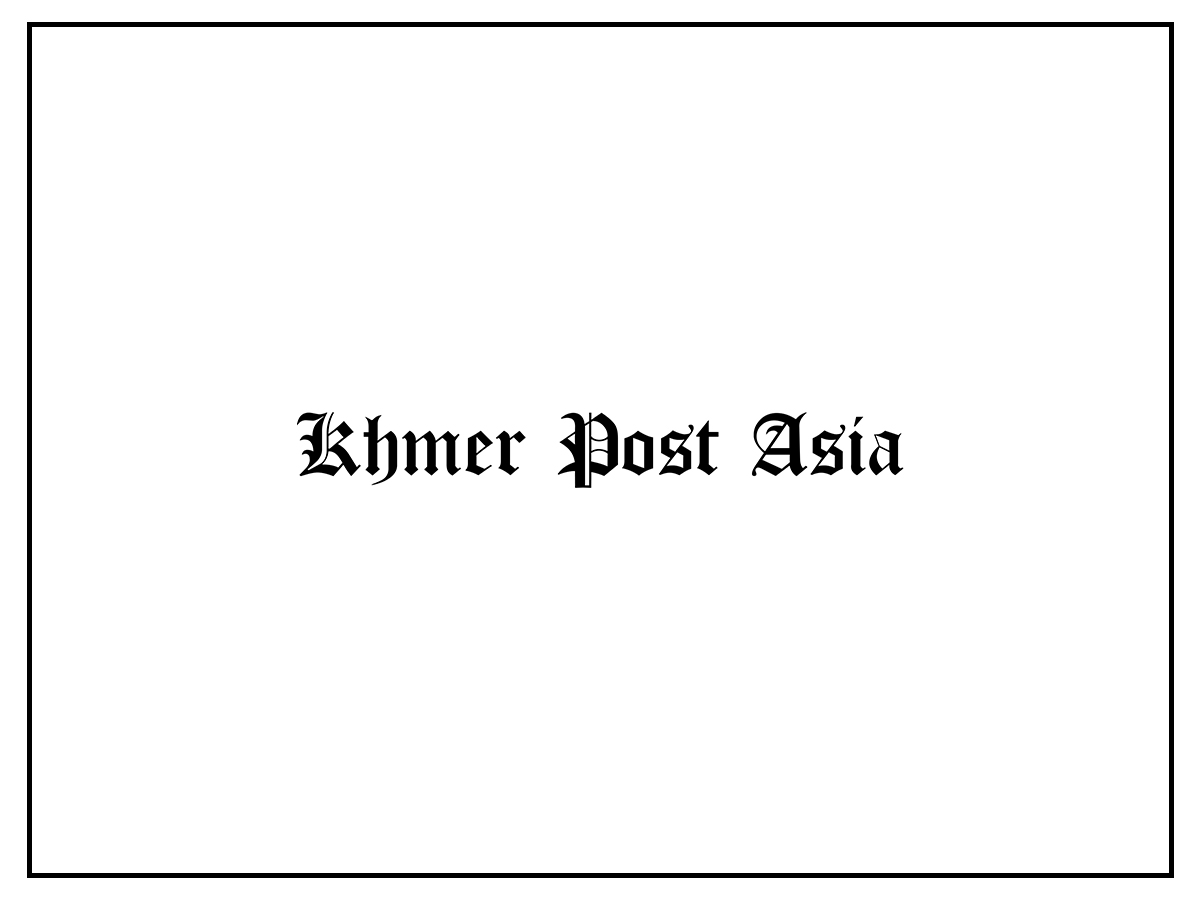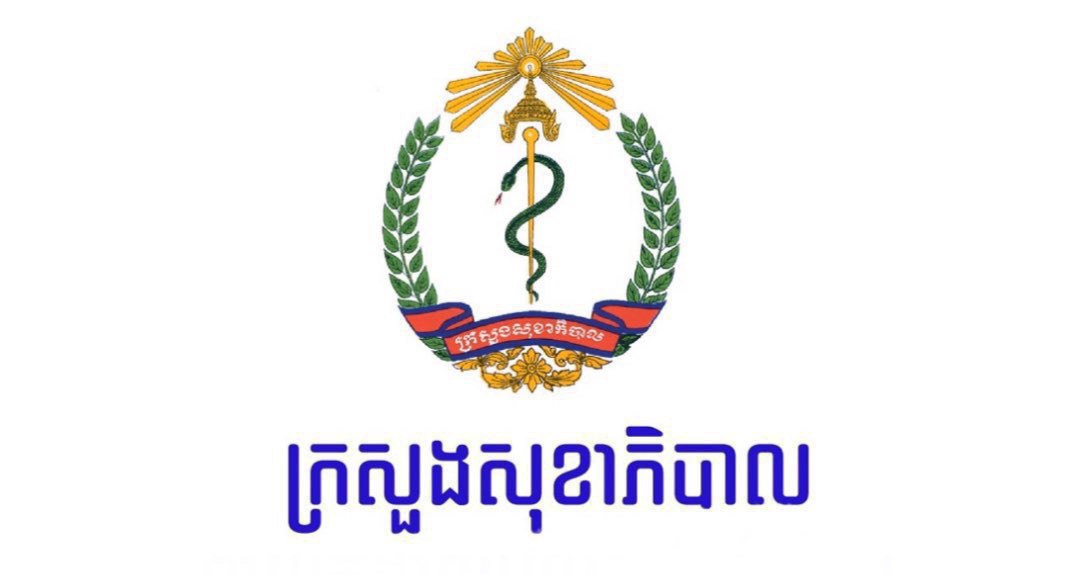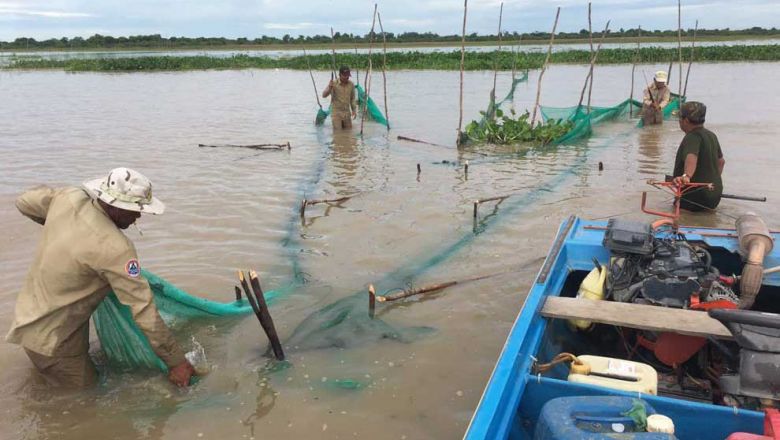Finance ministry raises $1.4B in Q1 revenue
The Ministry of Economy and Finance raised around $1.4 billion in revenue in the first quarter of this year, up 24 per cent from $1.1 billion during the same period last year, data from the ministry shows.
This comes ahead of the economic shock the Covid-19 pandemic that is expected in the second quarter, said ministry spokesman Meas Sok Sensan.
The data breakdown shows that the General Department of Taxation collected $445 million, while the General Department of Customs and Excise collected more than $729 million.
At the same time, the General Department of State Property and Non-Tax Revenue collected more than $176 million, while the General Department of Financial Industry collected $30.5 million. The ministry collected an additional $5 million in fiscal revenue.
Sok Sensan told The Post that regional and global economies – including Cambodia’s – suffered minimal disruption from the ongoing health emergency in the first quarter as imports and exports were allowed to continue.
“The impact of Covid-19 was not too severe in the first quarter. However, the pandemic began to hit hard in the early second quarter, which is why our revenue collection was so high. But, we will surely see a decline in the second quarter,” he said.
A recent simulation done by Asian Development Bank (ADB) revealed that in a best-case scenario on the back of a months-long travel ban and the sharp decline in domestic demand due to the outbreak, Cambodia could face a 1.15 per cent impact to its total gross domestic product (GDP) amounting to $283.3 million.
If the outbreak lasts for six months, up to $711.4 million could be hived off the GDP. Even grimmer, ADB said a hypothetical worse case situation shows a nearly $1 billion economic loss in the event that Cambodia experiences an outbreak of its own beyond six months.
Sok Sensan said two of Cambodia’s three main drivers of economic growth – industry and services – have been severely ravaged by the outbreak, while the agricultural sector has seen a little improvement.
“However, the agricultural sector doesn’t have as much of an influence on the economy, its share contribution to economic growth is not much,” he said.
He said the government is closely monitoring the tourism and industrial sectors and working to provide them with tax incentives to maintain their sustainability and job security.
“We do encourage the existing factory to continue their production or they can move into other manufacturing likely food processing or other agricultural processing industry to sustain their production and for the garment industry, they can change into the mask processing or healthcare protective for export,” he said.
In mid-March, a fiscal stimulus plan of $800 million to $2 billion, equivalent to seven per cent of the GDP, was announced to ease the overarching effects of the coronavirus in six months to a year.
That month, the ministry also decided to waive 50 per cent to 100 per cent tax on the textile industry for six months as a means of easing its financial burden.
Enterprises whose income is expected to experience 20 per cent to 39 per cent drop will benefit a 50 per cent tax exemption whereas companies which anticipate more than 40 per cent impact are given a full waiver, said a ministerial prakas.
The government also issued a three-month minimum tax exemption for the aviation sector and an exemption on all types of monthly taxes for tourism operators.
The new Small and Medium Enterprise Bank of Cambodia (SME Bank) has $150 million in capital funded by 33 banks and microfinance institutions to provide SME financing through its members institutions.
The state-owned Agricultural and Rural Development Bank (ARDB) also launched a $50 million fund to increase access to credit for SMEs in the agricultural sector.
Credited: The Phnom Penh Post

